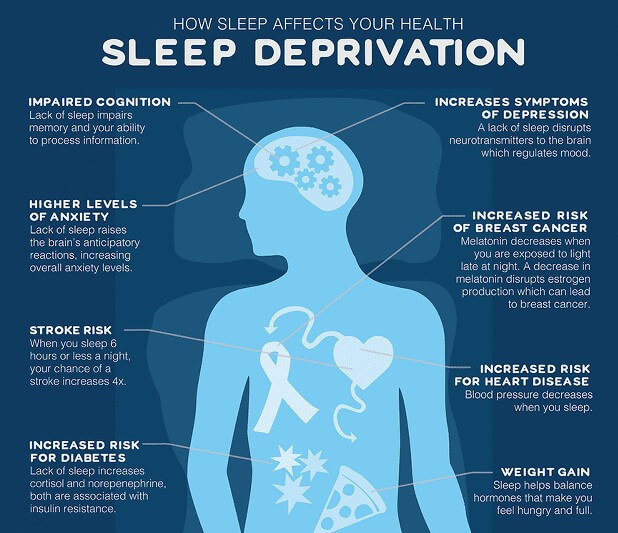Good Sleep Patterns for Immune System

Importance of Sleep for the Immune System
Studies have shown that people who do not get enough sleep are more likely to get sick after being exposed to viruses, such as the common cold or flu. Lack of sleep can also affect how fast we recover from illnesses, making it harder for our bodies to fight infections.
When we sleep, our bodies produce cytokines, which are proteins that help fight against infections and inflammation. Sleep deprivation can reduce the production of cytokines, making it harder for our bodies to fight infections. Lack of sleep can also lead to an increase in stress hormones, which can further weaken our immune system.
Good Sleep Patterns
Getting a good night's sleep is not just about the quantity of sleep, but also the quality. Here are some tips for developing good sleep patterns:
- Stick to a sleep schedule: Try to go to bed and wake up at the same time every day, even on weekends.
- Create a relaxing bedtime routine: Develop a bedtime routine that helps you relax and unwind, such as taking a warm bath or reading a book.
- Avoid electronic devices: The blue light emitted by electronic devices can disrupt your sleep, so avoid using them before bed.
- Avoid caffeine and alcohol: Caffeine and alcohol can interfere with your sleep, so avoid consuming them before bedtime.
- Create a comfortable sleep environment: Make sure your bedroom is quiet, cool, and dark, and invest in a comfortable mattress and pillows.
Pros and Cons of Good Sleep Patterns
Developing good sleep patterns can have many benefits, such as:
- Improved mood and mental health
- Increased energy and productivity
- Reduced risk of chronic diseases
- Strengthened immune system
However, there are also some potential downsides to good sleep patterns, such as:
- Difficulty adjusting to a new sleep schedule
- Increased time spent on sleep, which may take away from other activities
- Costs associated with creating a comfortable sleep environment
FAQs
1. How much sleep do I need?
Most adults need between 7-9 hours of sleep per night, but this can vary depending on individual needs and lifestyle factors.
2. Can I make up for lost sleep?
While it is possible to catch up on some lost sleep, it is best to maintain a consistent sleep schedule to avoid disrupting your body's natural rhythm.
3. Will napping help me make up for lost sleep?
Napping can be helpful for some people, but it is not a substitute for a good night's sleep. Naps should be limited to no more than 20-30 minutes to avoid disrupting your sleep schedule.
4. Can exercise help me sleep better?
Regular exercise can improve sleep quality, but it is important to avoid exercising close to bedtime, as it can interfere with your ability to fall asleep.
Conclusion
Developing good sleep patterns is essential for maintaining a healthy immune system and overall well-being. By following some simple tips, such as sticking to a sleep schedule and creating a relaxing bedtime routine, you can improve your sleep quality and reap the benefits of a good night's rest.
